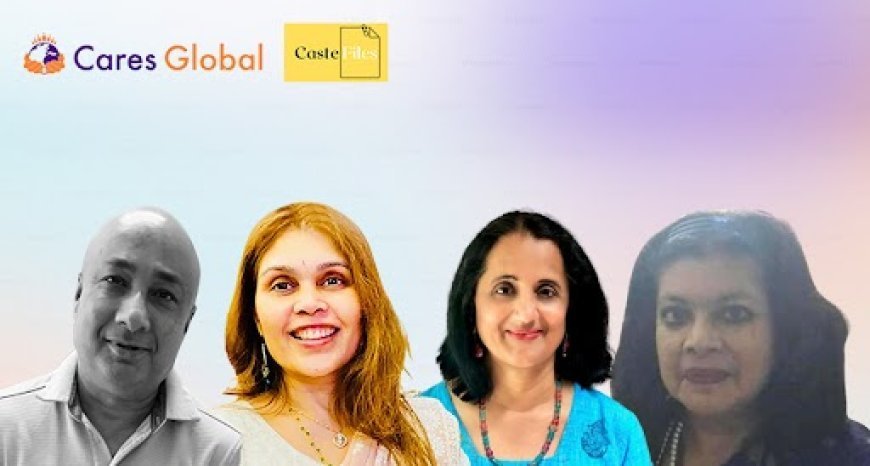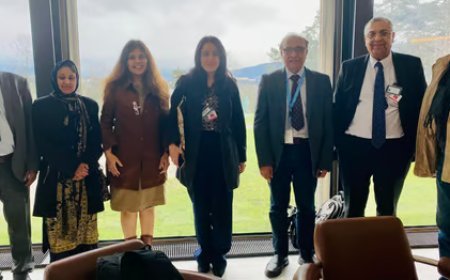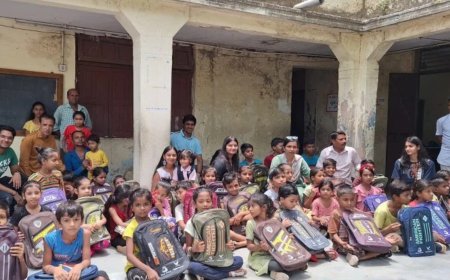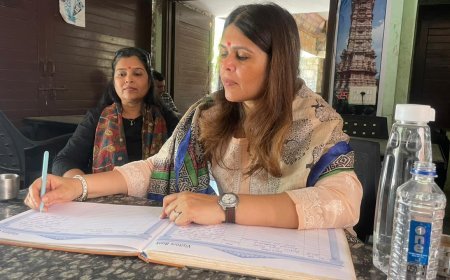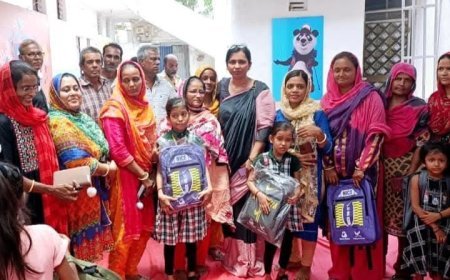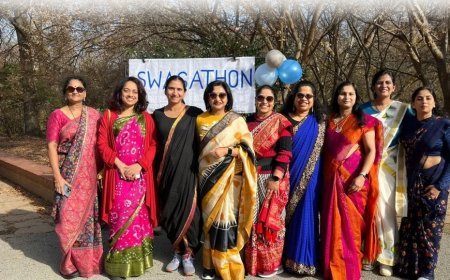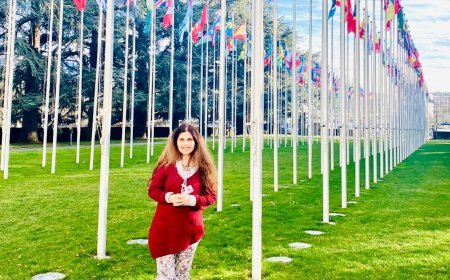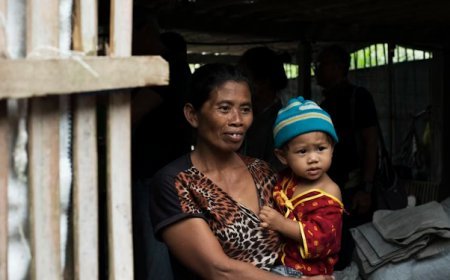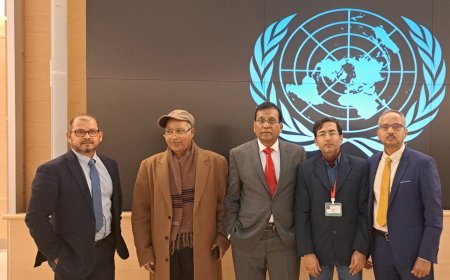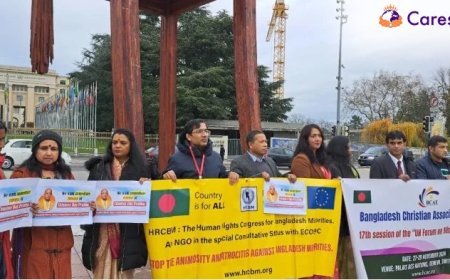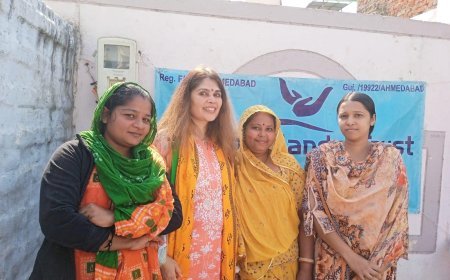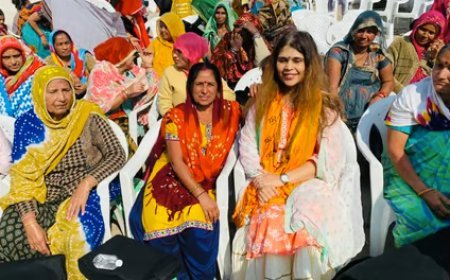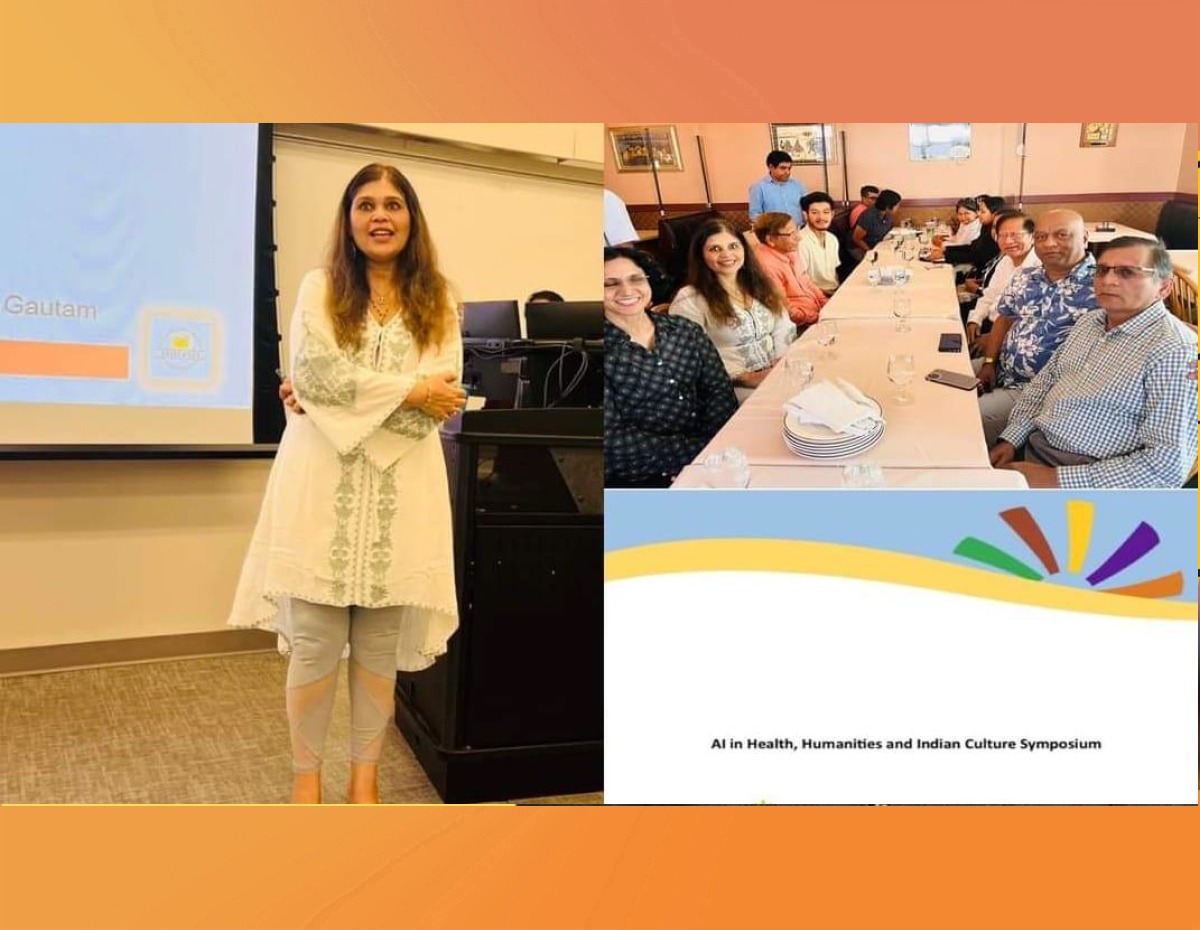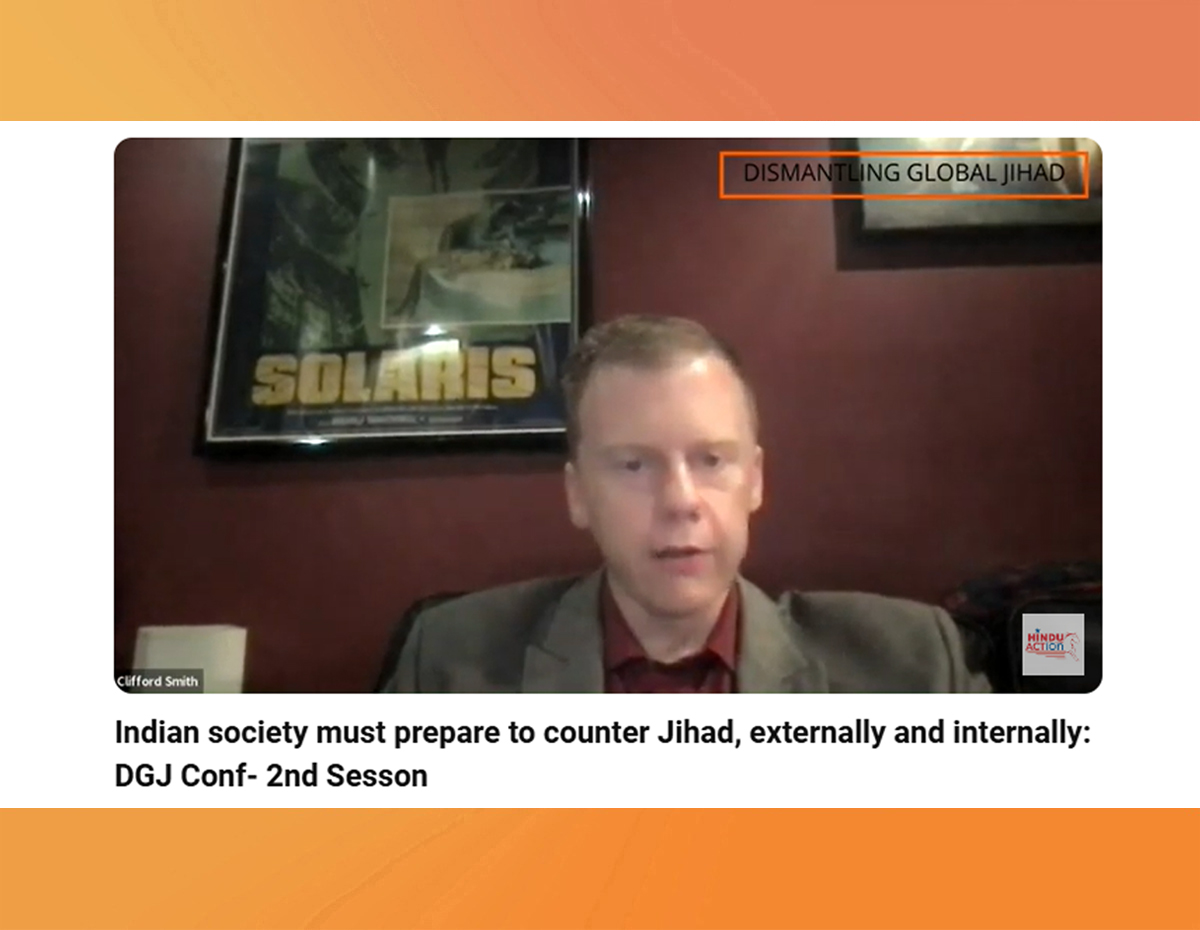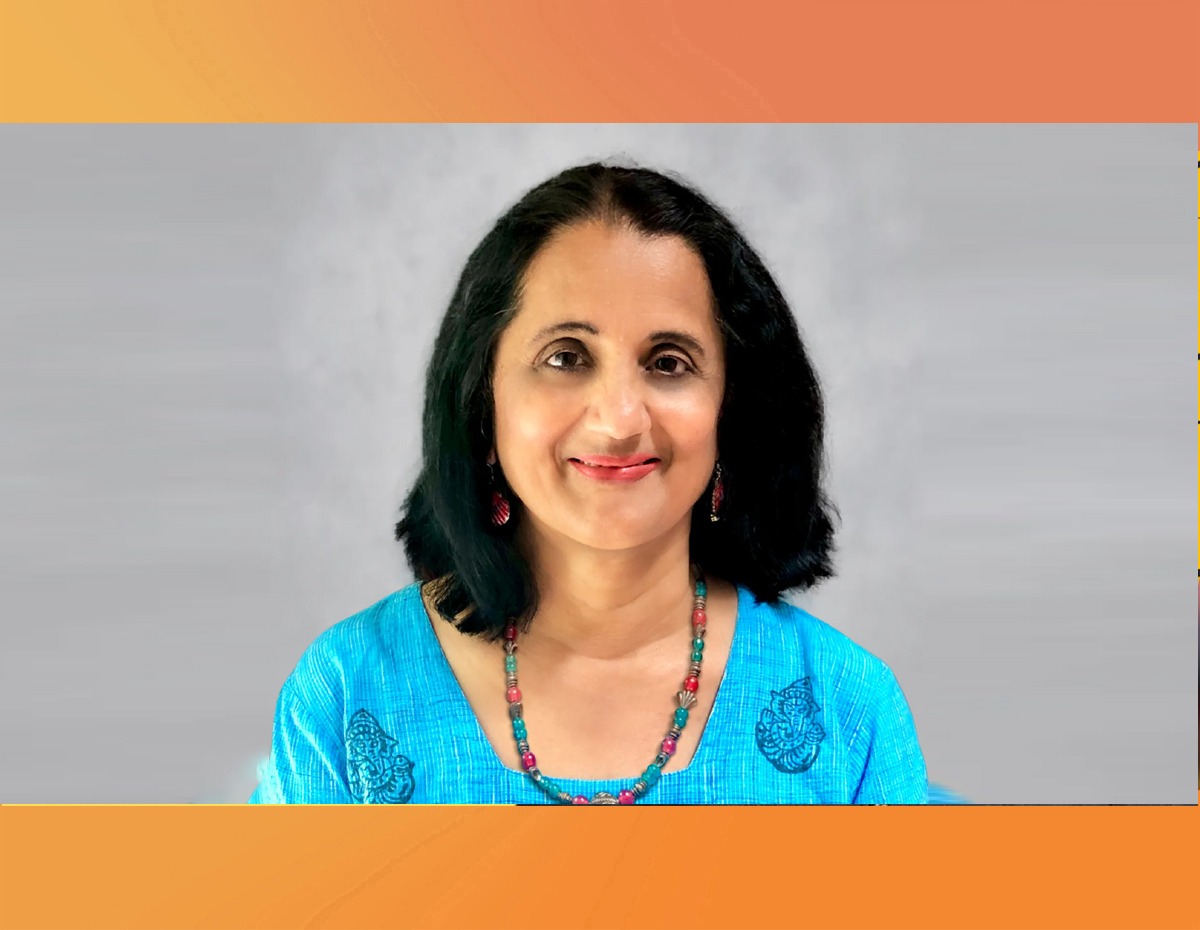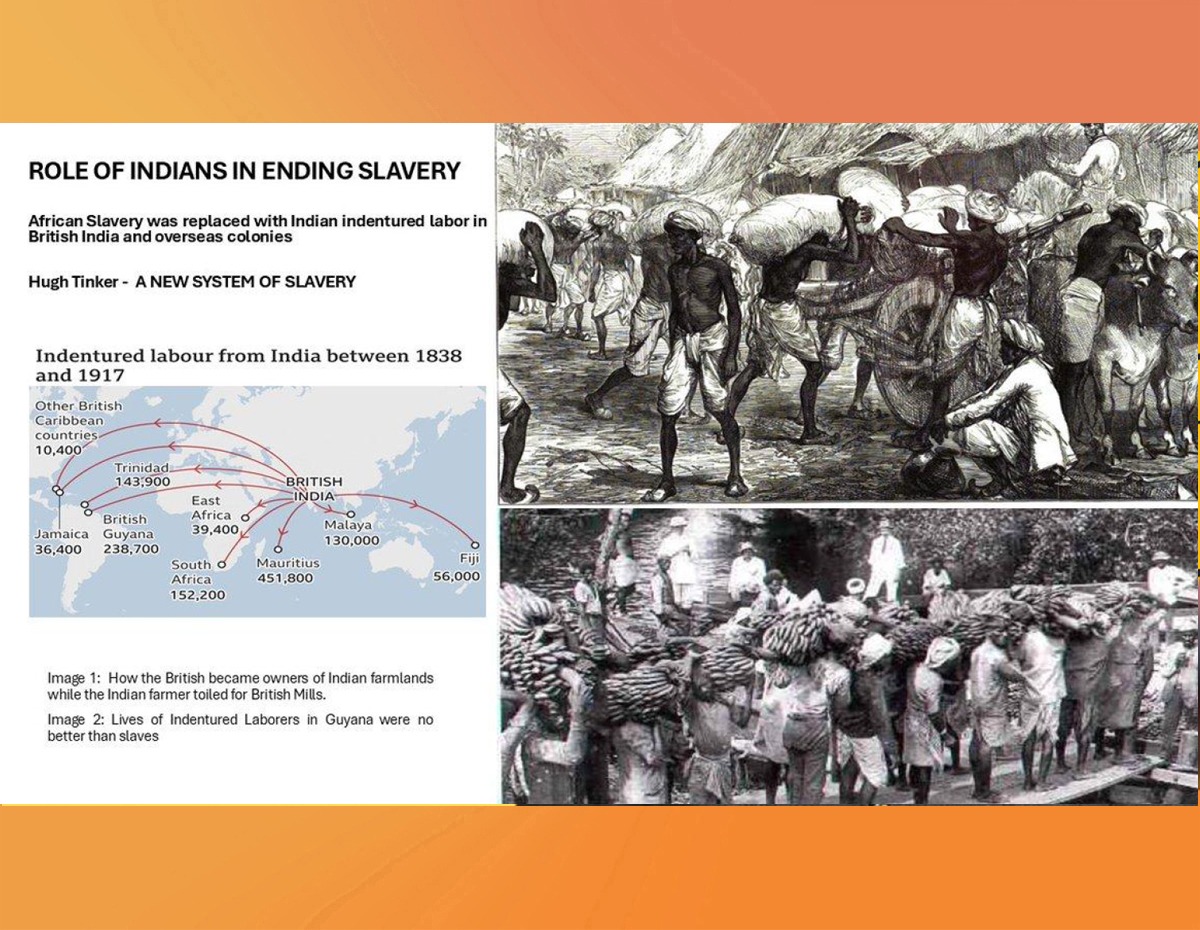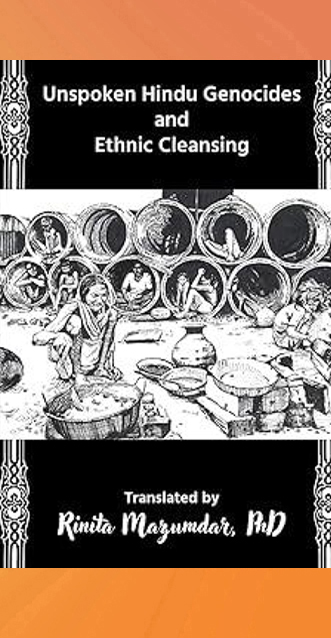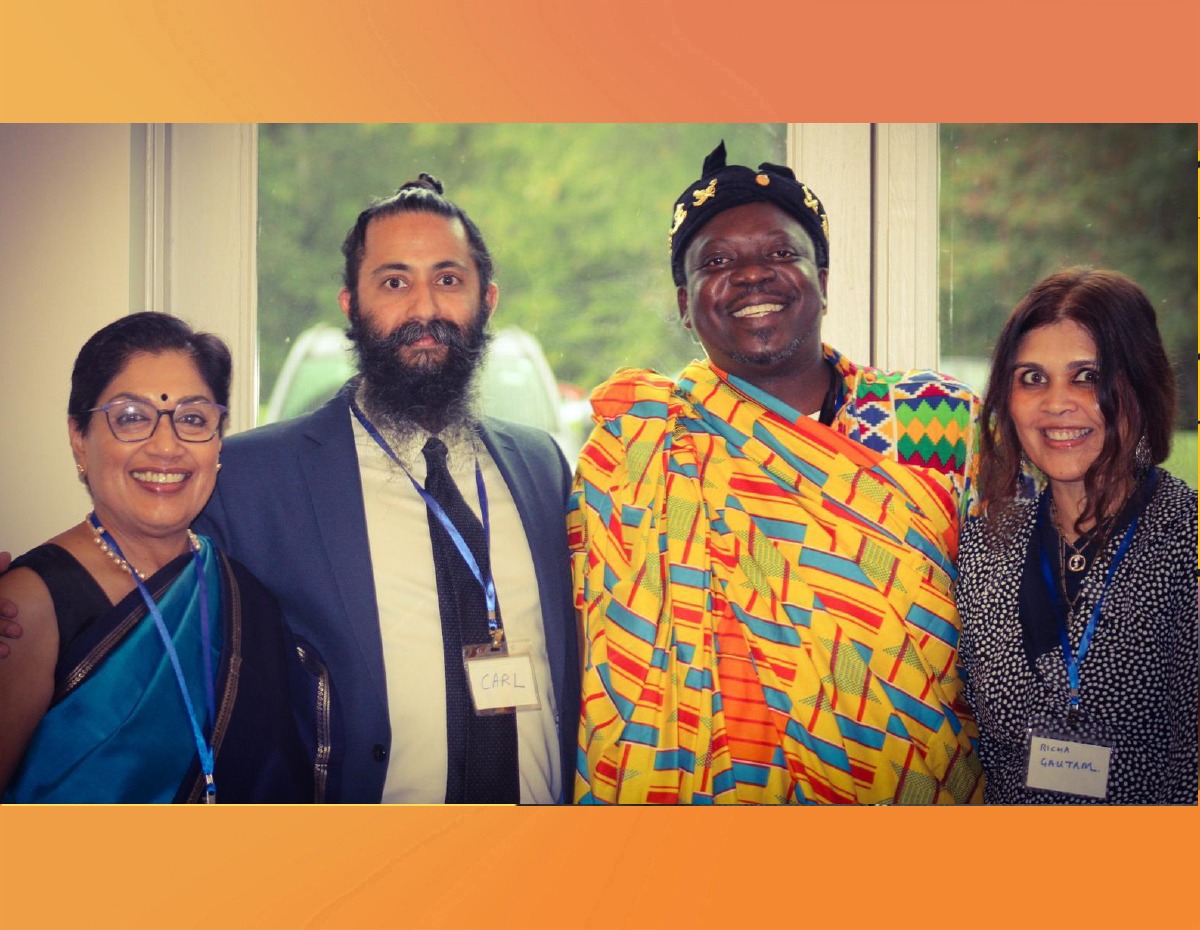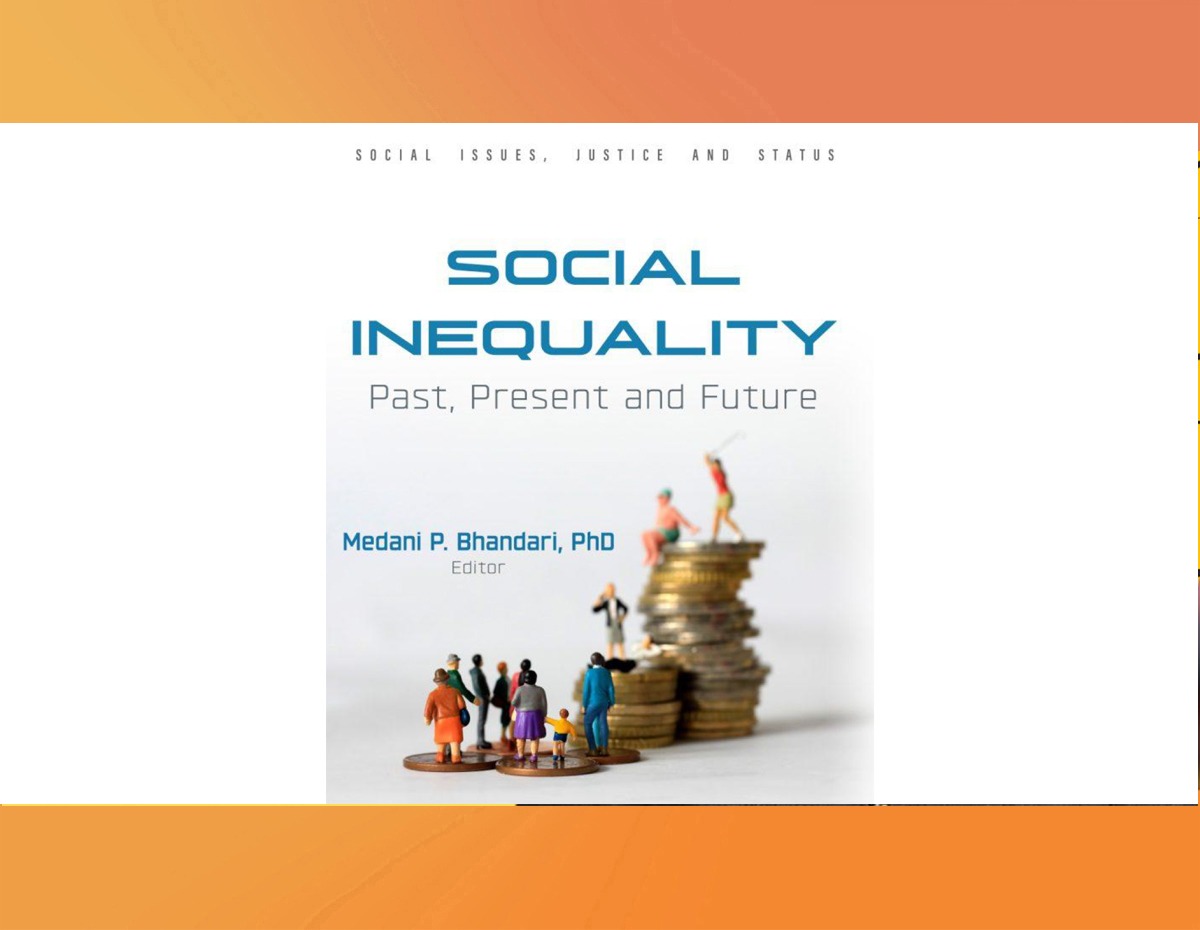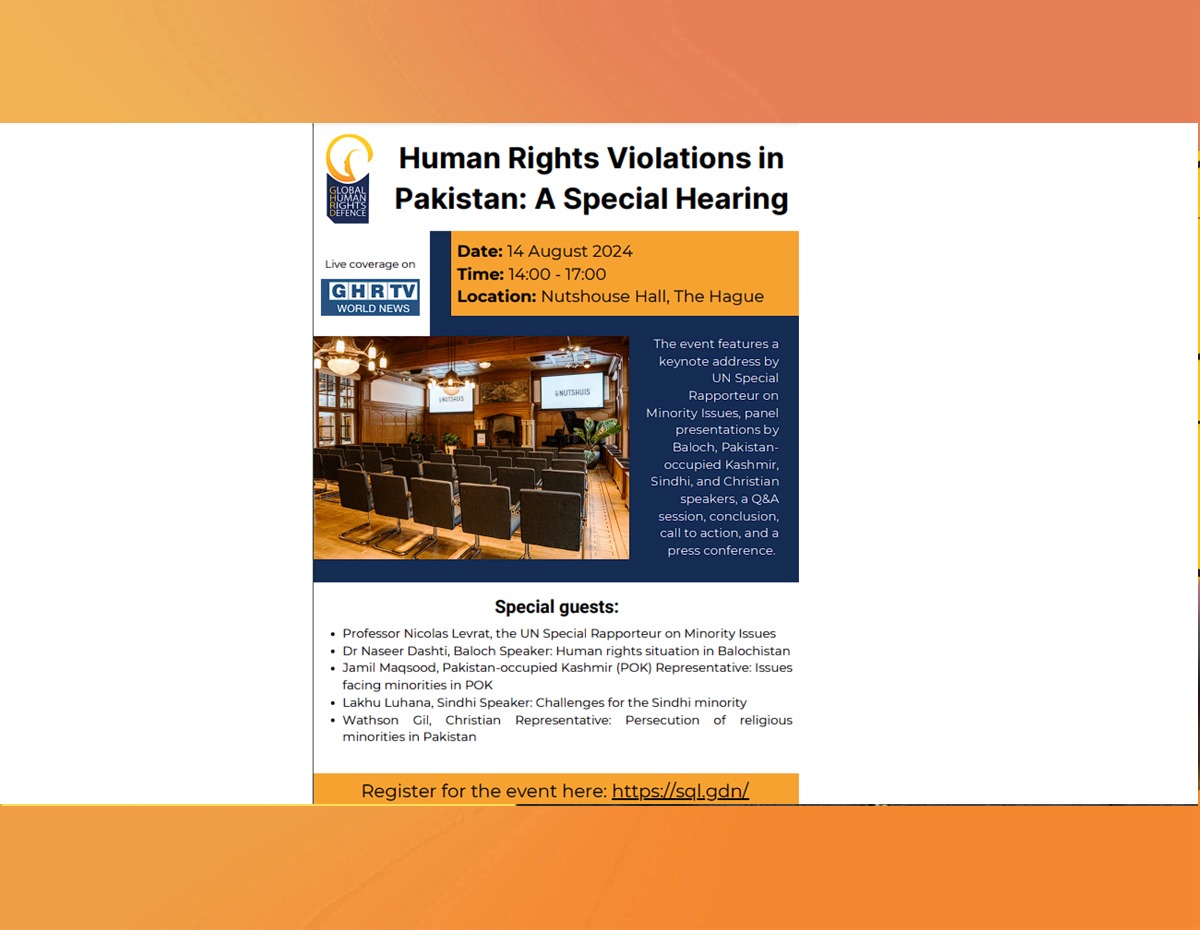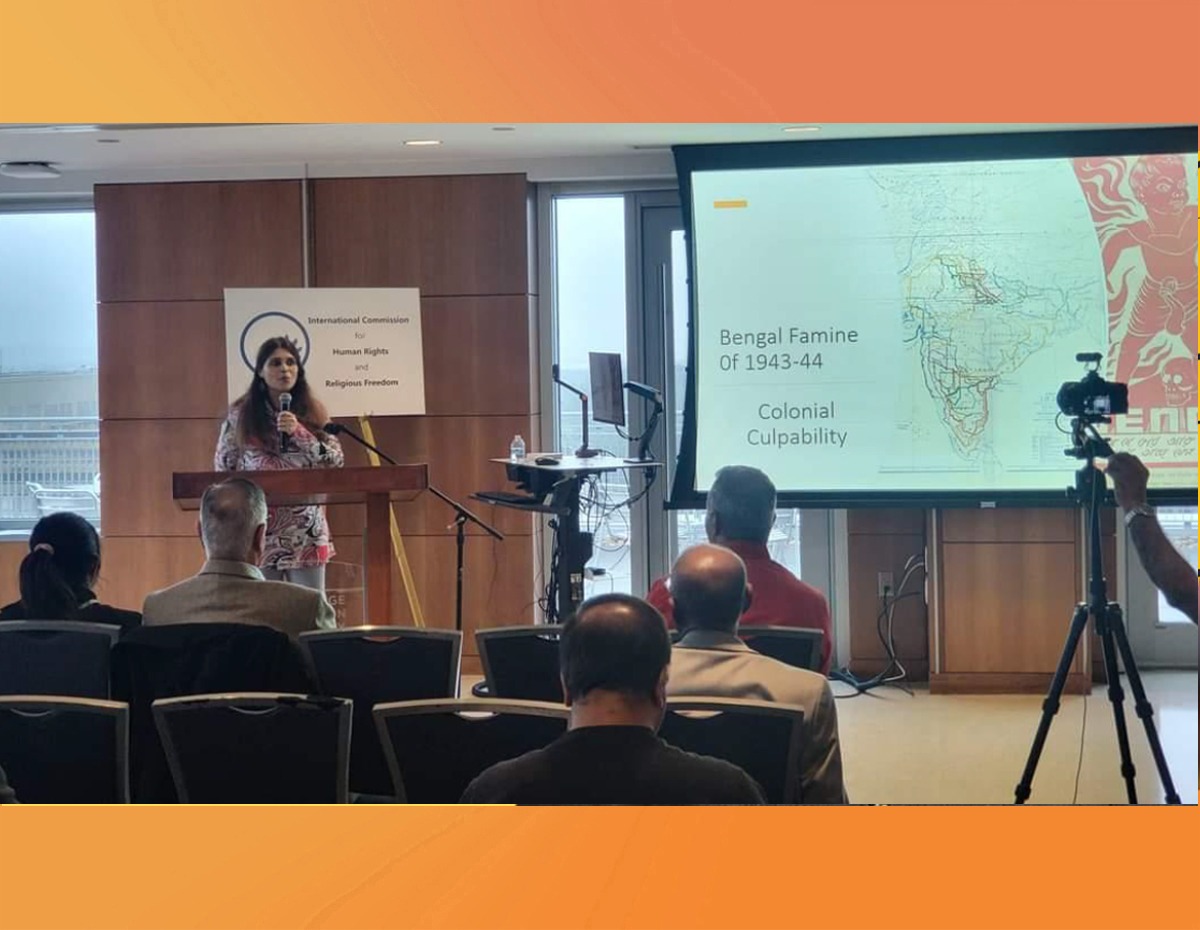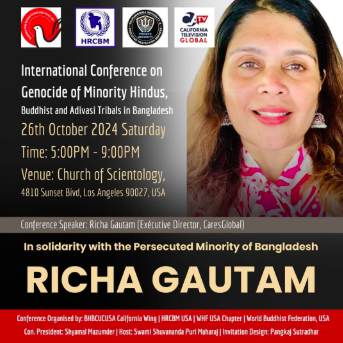|
In a curated special edition of New Indian Abroad, marking Prime Minister Narendra Modi’s visit, Ms. Richa Gautam delved into the nuanced history of the Indian diaspora’s persecution and the emerging concept of Black adjacency within the context of Indian Americans.
Ms. Gautam traced the evolution of Indian society, highlighting its intricate organizational frameworks such as kula, gotra, varna, jati, sampradaya, and dharma. She argued that these systems, deeply rooted in India’s cultural and spiritual heritage, were oversimplified by colonial powers into the homogenized and often misunderstood concept of "caste." Along with caste, coolie and several colonial labels, she discusses the misrepresentation and distorted historical narratives about Indian social structures.
Further, she explored the paradox of Indian Americans—recognized as one of the wealthiest and most skilled ethnic minorities in the United States. Despite their contributions and strong family values, their historical struggles with colonization and persecution remain largely unacknowledged. Instead, Indian Americans have been labeled as “White Adjacent” within Critical Theory paradigms, a reductive framework that categorizes them as oppressors in a binary view of societal dynamics.
|
